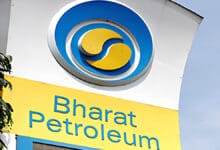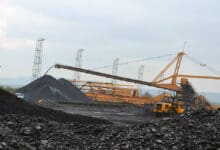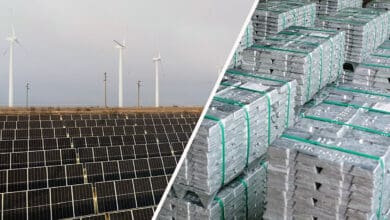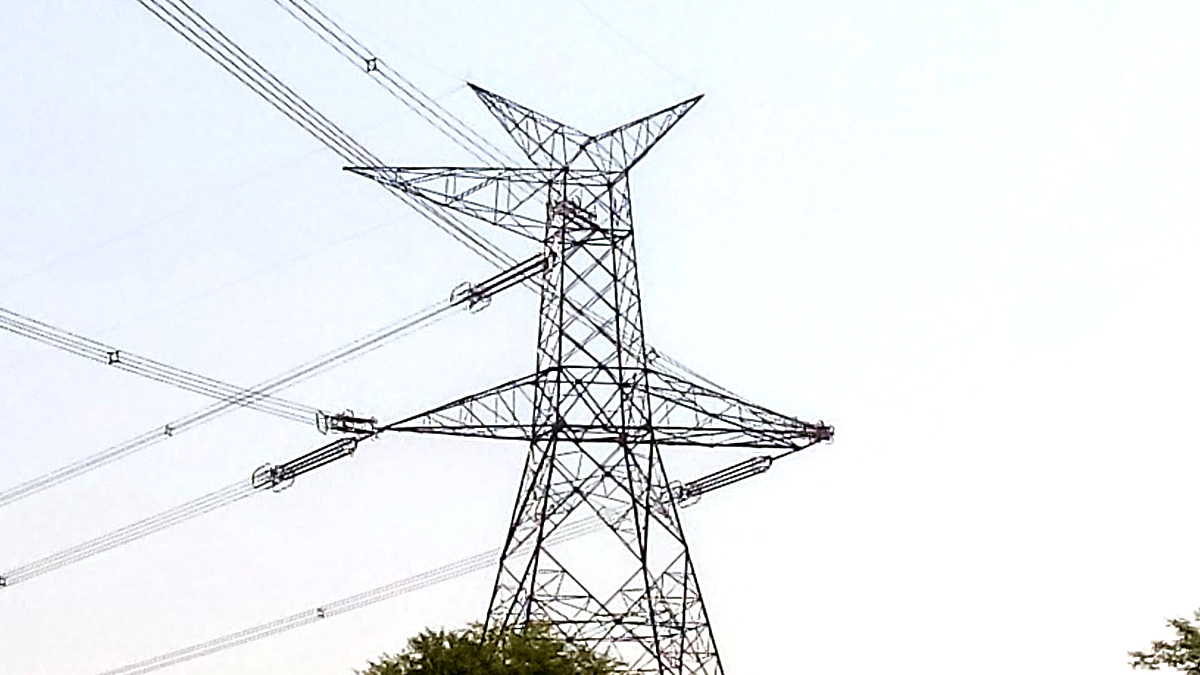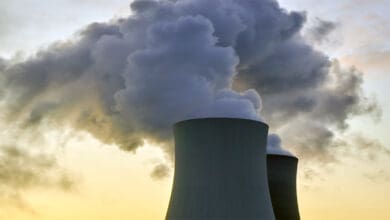Privatisation-bound Bharat Petroleum Corporation Ltd (BPCL) plans to invest over ₹1 lakh crore over the next five years in raising petrochemical production capacity, gas business, clean fuel and augmenting marketing infrastructure, its chairman Arun Kumar Singh said. The investment will help BPCL prepare for the future where conventional fuels and zero-carbon mobility in form of electric vehicles (EVs) and hydrogen will co-exist, while giving it the option to convert a greater degree of crude oil directly into high-value petrochemicals.
India’s second-largest fuel retailer is looking to create a 1,000 MW portfolio of renewable power generation capacity, mostly through acquisitions while also invest in biofuels and hydrogen, he told reporters.
It is targeting to convert 7,000 out of over 19,000 petrol pumps into energy stations in the medium to long term by offering multiple fuelling options like petrol, diesel, flexi fuels, EV charging facility, CNG and eventually hydrogen.
“In the years to come, BPCL has made aggressive investment plans. We shall be investing more than ₹1 lakh crores at the group level majorly in enhancing petrochemical capacity and improving refining efficiencies (₹30,000 crore), gas proliferation (₹20,000 crore), upstream oil and gas exploration and production (₹18,000 crore) and augmenting (fuel) marketing infrastructure (₹18,000 crore),” he said.
Besides, the firm also plans to invest ₹5,000 crore in renewable energy and another ₹7,000 crore in biofuels.
BPCL owns and operates three refineries at Mumbai, Kochi in Kerala and Bina in Madhya Pradesh which convert crude oil into fuels such as petrol and diesel. It is adding petrochemical units at the refineries, the latest being at Kochi, to capture value addition from producing speciality chemicals.
“With the commissioning of two units in Propylene Derivative Petrochemical Project (PDPP) at Kochi refinery in February 2021, we have joined the leaders in production of niche petrochemicals. We will increase our presence in petrochemical space, integrating with our refining activity to diversify and hedge,” he said.
With the government looking to increase the share of environmentally safe natural gas in the energy basket to 15% by 2030 from the current 6.2%, BPCL too is investing heavily in city gas networks and setting up 12 LNG fuel stations, he said, adding the firm has license to retail CNG and piped natural gas in 37 geographical areas.
Stating that the firm and its joint ventures have 1,393 CNG stations, he said, “Our presence in CNG stations is going to grow manifold in the next few years.”
BPCL, he said, is closely watching EV development in India and expects higher penetration in two- and three-wheelers. “It is a new business opportunity as well as a hedge against the risk of displacement of auto fuels.”
EV charging facilities have already been installed in 44 petrol pumps in major cities, and plan is to ramp it up to 1,000 by 2023-24.
BPCL has also started pilot of battery swapping for three-wheelers in Kochi and Lucknow.
Singh said the firm is looking to have both solar and wind power generation capacities and would look to convert electricity thus generated into green hydrogen, the cleanest form of hydrogen.
BPCL, which has a portfolio of 45 MW of renewable capacity, plans to increase it to 1,000 MW in the next five years.
This would “benefit the company in various ways diversification, offsetting GHG emissions arising from fossil fuel portfolio. Renewable power can also help in enabling EVs and production of green hydrogen,” he said.
The company is also setting up an ethanol production unit at Bargarh, Odisha with a production capacity of 100 kilolitres per day. It is also exploring the possibility to set up four more ethanol plants in deficit states with a capacity of 100 kl per day.
Of the ₹18,000 crore upstream investment, ₹16,000 crore would be BPCL’s share in a giant LNG project in Mozambique.
“The planned capex will be funded through a mix of internal resources and borrowings,” BPCL Director-Finance V R K Gupta said.




